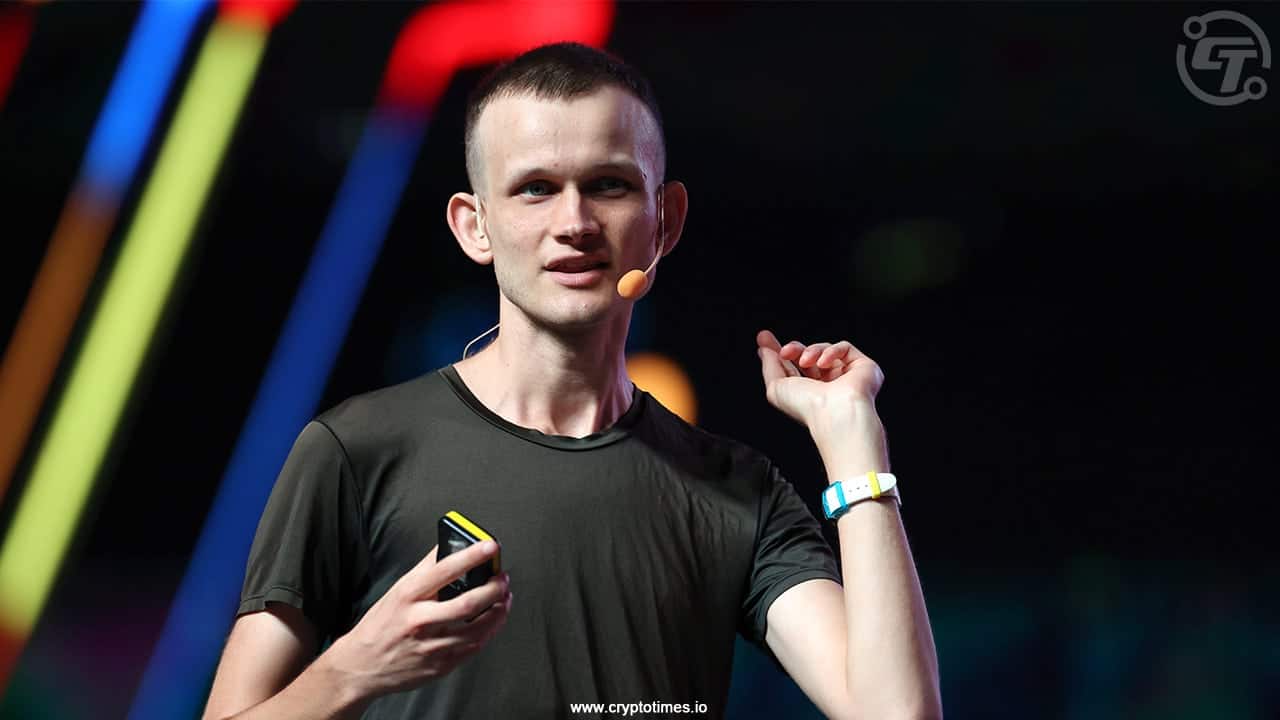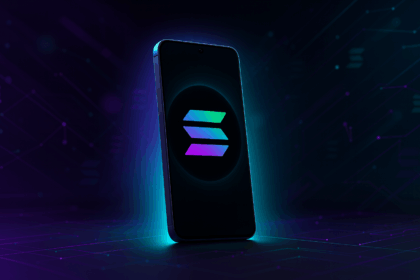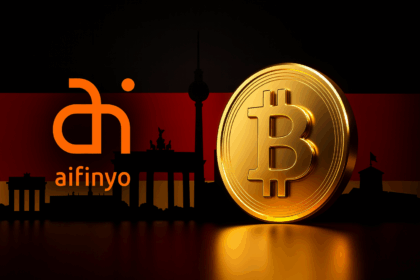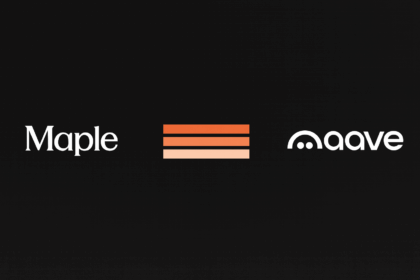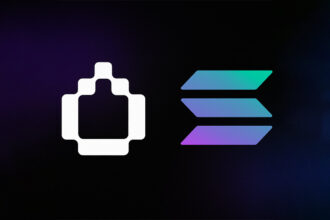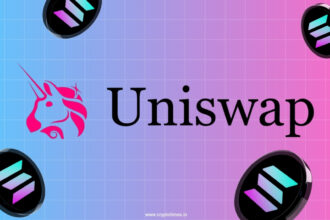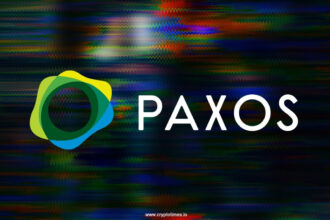Ethereum Co-Founder Vitalik Buterin has unveiled the Goldwasser-Kalai-Rothblum (GKR) protocol, which helps speed up the math behind blockchain verification. He noted that the method plays a growing role in how Ethereum processes and checks transactions. The approach lets Ethereum validate activity on its main network using simple hardware, such as regular laptops or consumer GPUs.
According to the official blog post, the GKR protocol streamlines how large and complex data calculations are handled. It skips going through every single step and instead looks only at the starting data and the outcome. This reduces the extra calculations that older methods usually need. Hence, it works well for technical tasks such as analyzing data or handling encrypted information.
A key part of the GKR system is the sumcheck protocol, which helps verify complex math across large amounts of data. It simplifies the work by turning big calculations into smaller checks done at random points. Additionally, GKR applies this recursively, enabling provers to witness computation integrity without exposing all intermediate values. The recursiveness enhances efficiency as well as scalability.
Buterin’s example and broader context
Buterin clarified that the GKR protocol facilitates more effective Poseidon2 hash function checks. There are numerous mathematical steps in this procedure, such as polynomial checks and matrix computations. GKR allows these steps to run at the same time, which speeds things up. Each round simplifies the work further until only the final results need to be compared with the original data.
On X, Buterin also emphasized the need for measurable performance transparency in ZK systems. “I wish more ZK and FHE people would give their overhead as a ratio,” he said, underscoring the importance of comparing cryptographic and raw computation times.
Besides GKR, in an X post, Buterin recently discussed Fusaka, Ethereum’s upcoming fix for blob congestion through PeerDAS. This system lets nodes verify massive datasets without downloading them.
The GKR protocol is quietly reshaping how Ethereum handles complex math behind its security. Cutting down on heavy computation, lets ordinary devices handle verification tasks that once needed powerful setups. This shift could make Ethereum’s technology more practical and sustainable for everyday use in the long run.
Also Read: Ant Group, JD.com Halt Stablecoin Projects After Beijing Warning


